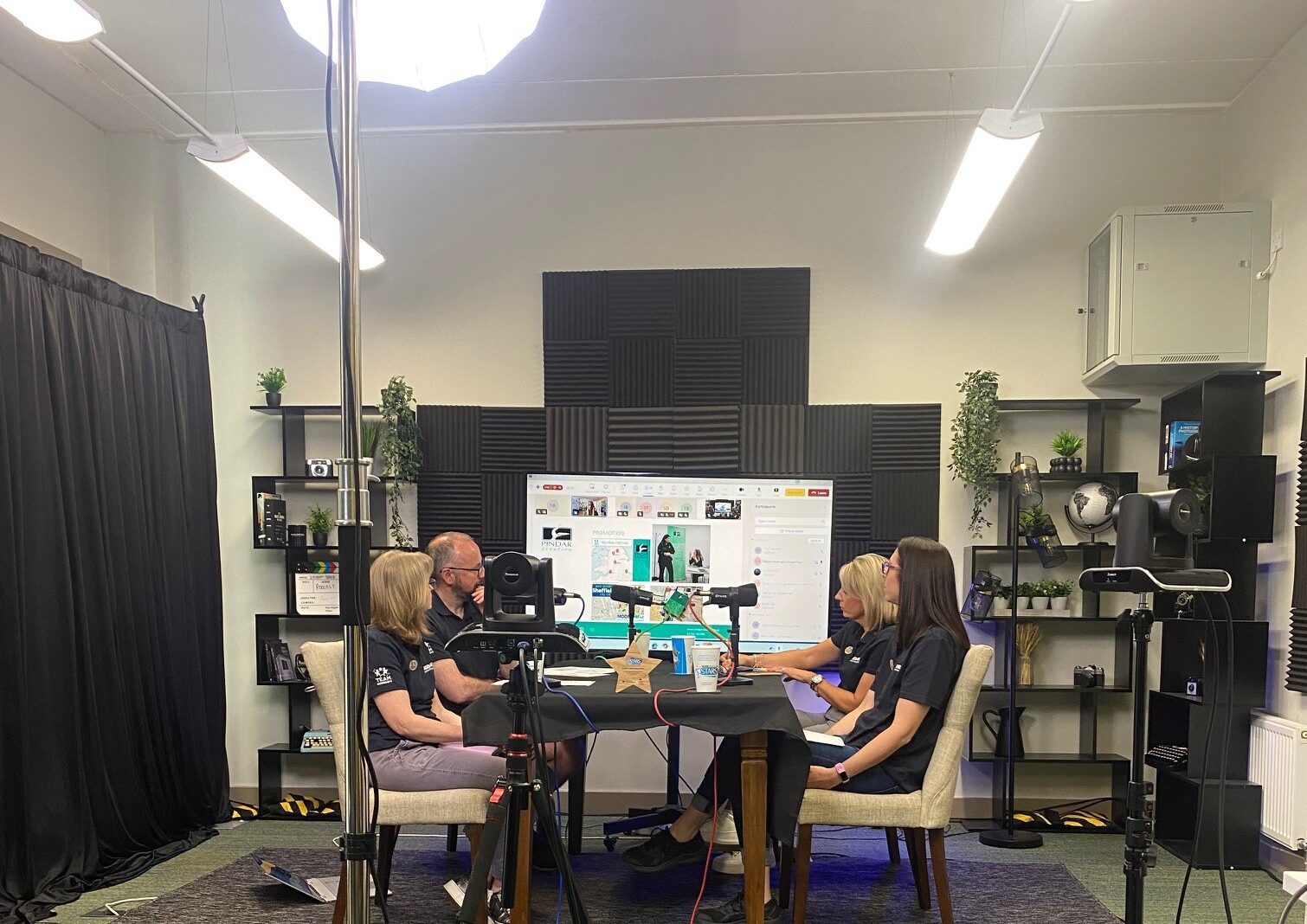The Royal Orthopaedic Hospital (ROH) has created its ‘Net Zero Trust Strategy’, an ambitious plan to help reduce the impact the NHS has on public health and the
environment. The NHS is one of the largest employers in the UK, providing health care to a population of over 68 million people. It is also one of the UK’s biggest users of energy and has a range of consumables that stretches from medical supplies to catering and cleaning products. The NHS was founded to provide high quality care for all, now, and for future generations. Understanding that climate change and human health are inextricably linked, in October 2020, it became the first in
the world to commit to delivering a net zero national health system. This means improving healthcare while reducing harmful carbon emissions, and investing in efforts that remove greenhouse gases from the atmosphere. With around 4% of the country’s carbon emissions, and over 7% of the economy, the NHS has an essential role to play in meeting the net zero targets set under the Climate Change Act. It’s ‘Delivering a Net Zero National Health Service’ plan outlines the NHS’ aim to be the world’s first net zero national health service by 2040.
Within this aim are two key strategic targets:
• For the emissions it controls directly (the NHS Carbon Footprint), it will reach net zero by 2040, with an ambition to reach an 80% reductionby 2028 to 2032.
• For the emissions it can influence (our NHS Carbon Footprint Plus), it will reach net zero by 2045, with an ambition toreach an 80% reduction by 2036 to
2039.
In the summer of 2021, the ROH Trust Board of Directors received the NHS’ report and the aims and targets within. The Trust Board is and will remain committed to playing its part in achieving these aims and developing a realistic plan to deliver it’s contribution towards a net zero NHS.
They have already started to examine and question its approach to environmental factors, carbon reduction and achieving a more ecological sustainability.
Examples of recent initiatives include investment in electric cars, replacing highly polluting diesel vehicles; and adding to the 76 existing trees within the hospital’s woodland, by planting an orchard of 40 fruit trees to help with carbon off-setting. However, the Board is aware that these initiatives form the beginning of an extensive series of transformational improvements, which is why it has committed to developing and delivering a Net Zero Trust Strategy alongside its Integrated Care System (ICS) partners in Birmingham and Solihull. A new committee has been established to start to deliver this strategy. The focus will be in line with NHS guidance and will address the nine themes within the plan document. These work streams are: Workforce and System Working, Sustainable Models of Care, Digital
Transformation, Travel and Transportation, Estates and Facilities, Medicines and Anaesthetics, Supply Chain and Procurement, Food and Nutrition, Adaptations and Communications and Media. The strategy forms part of the overarching Birmingham and Solihull ICS Carbon Reduction Plan, and sets out the ROH response and series of action plans. These are challenging, innovative and mirror the level of ambition that has been set out nationally. The organisation is fully committed to meeting its obligation and responsibility to the population. Professor Phil Begg, Executive Director of Strategy & Delivery, said: “Our Net Zero Trust Strategy is a very exciting step for The Royal Orthopaedic Hospital. Myself and the rest of the Trust Board of Directors are equally committed to reducing our hospital’s impact
on the local health economy and population, and to actively contribute towards the NHS meeting their realistic, yet ambitious target of becoming the world’s first net zero health service.
“We will do this with the tremendous support of our colleagues both here and across the system – there are already so many positive changes taking place around us.
“Together, we can play a significant role in reducing our carbon footprint, limiting our impact on the environment and making a significant difference to the public’s health.”

Emma Lenegan-Edwards, Emergency Planning/Sustainability Officer at ROH (pictured above, middle), receiving the bronze level Modeshift STARS accreditation for the Trust’s Travel Plans, from Gill Brook (above, left) and Mel Cannell (above, right), Senior Travel Demand Management Officers for Birmingham City Council. The accreditation is for organisations which promote a healthier, greener, and safer future, and enable more sustainable and active modes of travel.
Gill and Mel arrived on an e-cargo bike, which is an electrically assisted bicycle with a purpose built cargo carrying capacity.
Well done for this fantastic achievement!


































